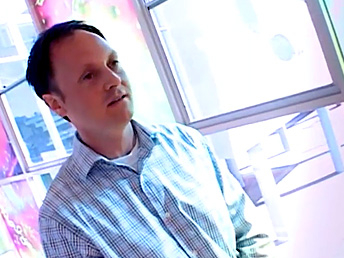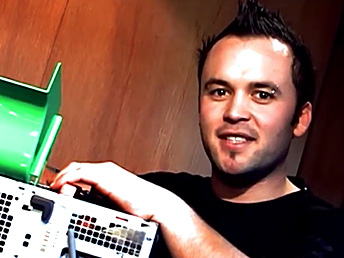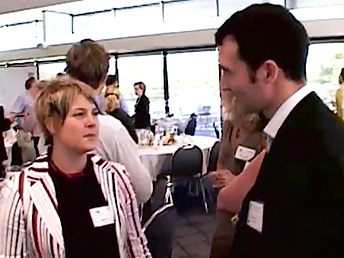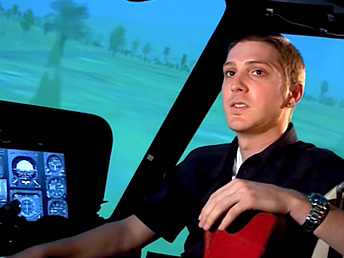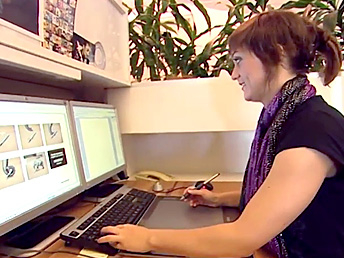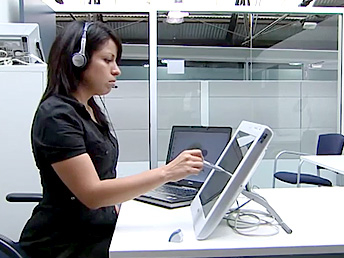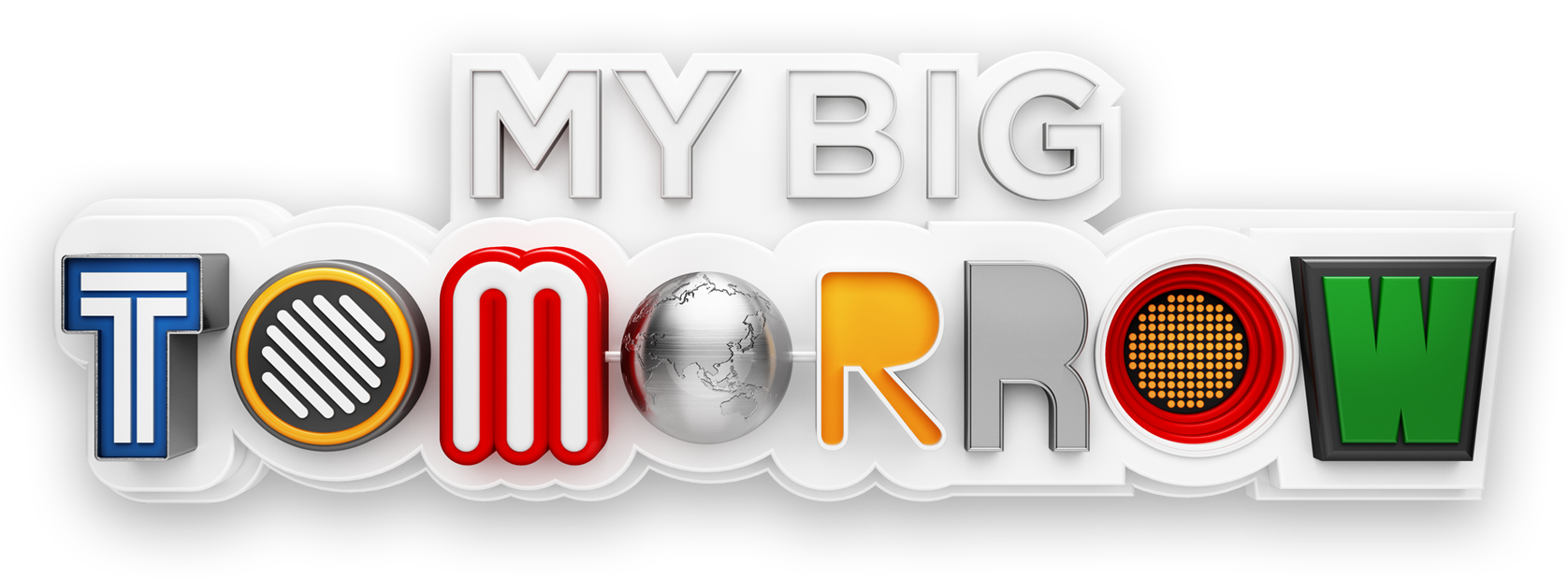
Technology Usability Specialist
As a technology usability specialist you help companies make their technology easier for people to use. This might range from website interfaces through to mobile devices and it is your job to suggest where improvements can be made.
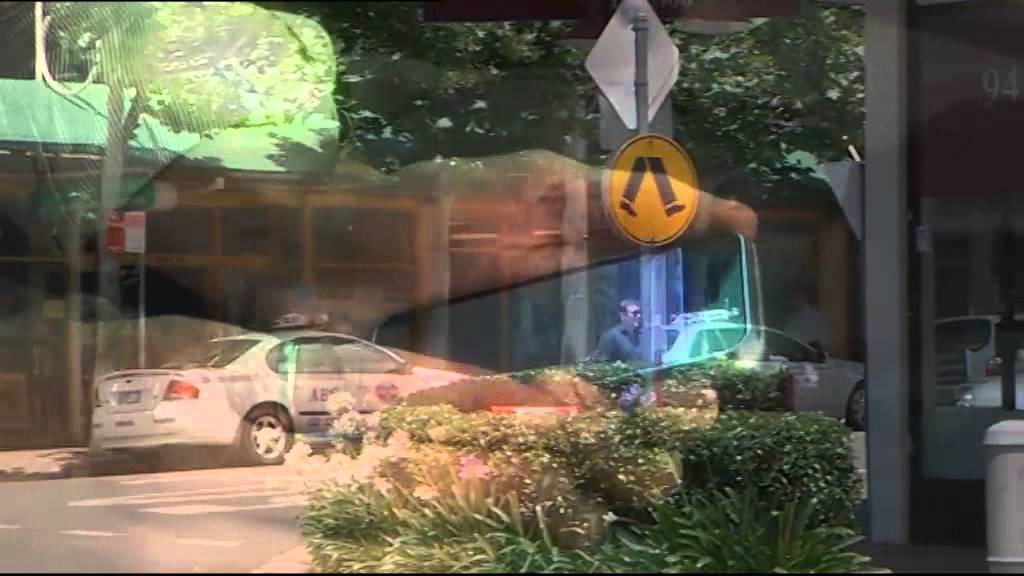

What the job looks like
Salary expectation
starts at $44,357 up to $120,899+

The good
- Lots of variety, flexibility and independence with the role
- Working with interesting clients
- Keeping up to date with new technologies
- Potential to work from home
- Seeing your work improve a company
- Coming up with new ideas
The not so good
- Doing lots of typing
- Not all companies care about user experience
- Not always having your suggestions implemented
As a usability specialist you focus on making technology easier for people to use. This involves asking customers to use and interact with a certain technology to see if there are any problem areas or issues that can be improved. Technologies can range from websites and mobile phones to check in kiosks at airports and train stations.
These trials provide an insight into what people are doing when they are using a device. You will apply a lot of science to your work. Firstly you must understand a person's learning processes and have an understanding of perception or memory. Factors like colour contrasts on screen can have a big impact on legibility so you need to be aware of the abilities of the eye.
You collect data and then provide organisations with a report or presentation that outlines some recommendations. Your information can be used by major corporations like airlines and mobile companies, or you could write for magazines to keep people updated with the latest information.
If you enjoy learning about human behavior and like working by yourself, then a career as a technology usability specialist could be for you.
I’ve had the opportunity to work with an amazing client list from all kinds of industries.
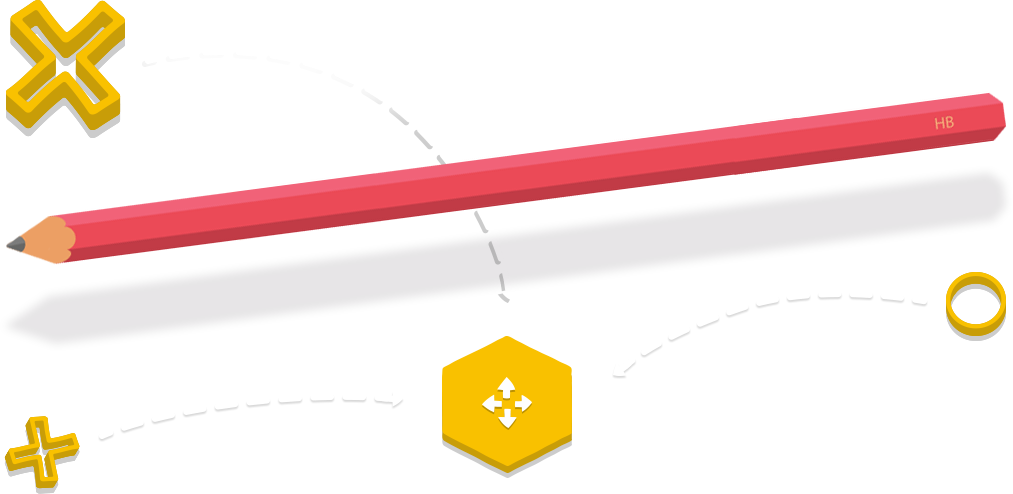
Pathways to this career
Subject suggestions for the HSC
Choosing your HSC subjects from this list could really help with your career. Think carefully about what you want to study after school as you might need to choose specific HSC subjects for that course and to count towards your ATAR (Australian Tertiary Admission Rank). An ATAR is your academic rank in relation to other HSC students and helps with University admission.
HSC subjects
Some subjects will count towards your ATAR, others will not. Check with your career advisor before making subject selections.
- English (Advanced or higher)
- Mathematics (General 2 or higher)
- Biology
- Information Processes and Technology
- Business Studies
What can I do after I have finished school?
University degrees
Studying one of these degrees can help with your career.
- Bachelor of Information Technology
- Bachelor of Psychology
Suggestions
Check out WIRED for more information
- Check out some technology news websites and subscribe to their e-newsletters
- This role involves knowing how people think so get some experience where you can in marketing or even basic psychology
- Go to career expos and events like university Open Days for information about what you will study
